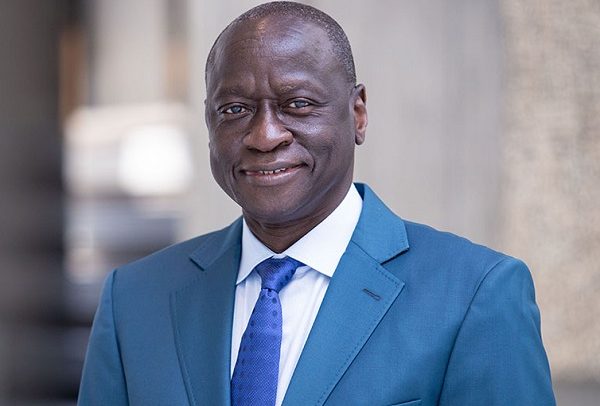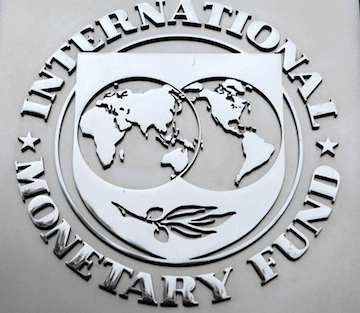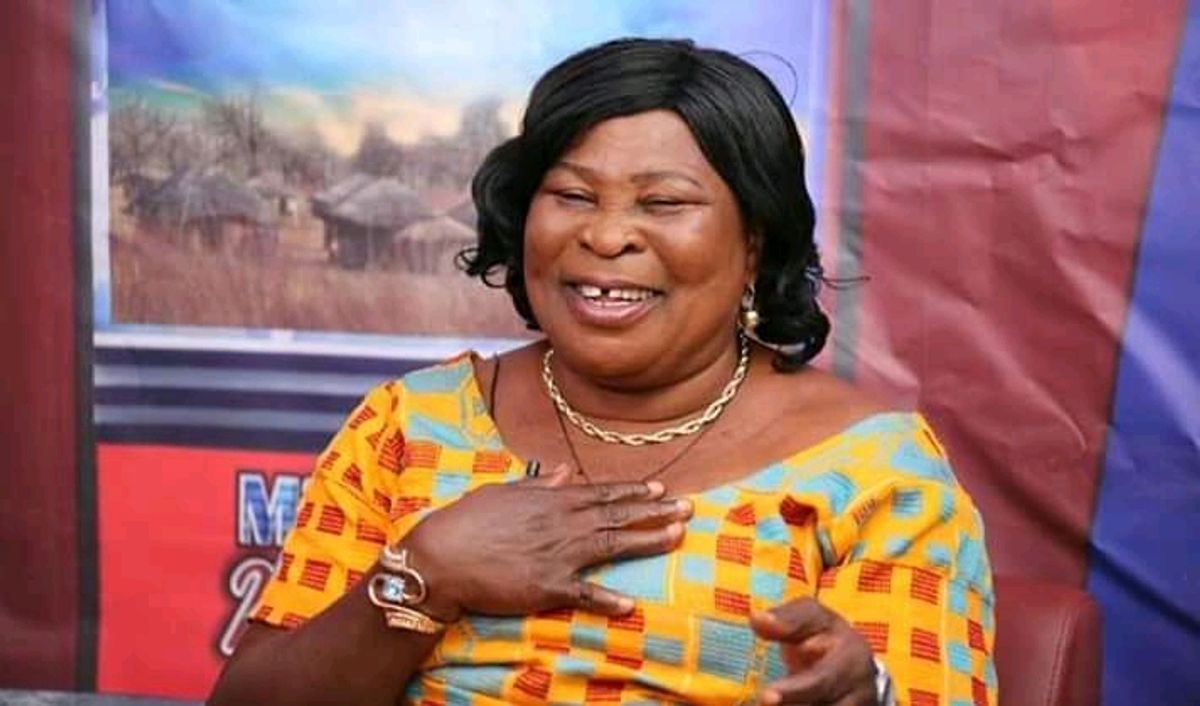
By Kizito CUDJOE
Parliament has approved a US$250million World Bank loan to bolster the country’s Energy Sector Recovery Programme (ESRP), a key initiative designed to address long-standing structural inefficiencies, streamline operations and restore the sector’s financial health.
The facility is a critical part of broader efforts to reform the ailing energy sector, which has faced persistent debt and operational challenges.
The funding is expected to drive key interventions aimed at reducing electricity costs through improved distribution, increasing utility revenues and enhancing financial management systems of the Electricity Company of Ghana (ECG).
Additionally, the loan will support implementation of the National LPG Promotion Policy (NLPGPP), a programme aimed at achieving 50 percent LPG access by 2030; contributing to energy security and reducing reliance on biomass for cooking.
To ensure continued progress in implementing these reforms, government applied for financial assistance – leading to the International Development Association (IDA) approving the loan.
The package, which was initially disapproved before parliament’s recess, was a key reason in lawmakers’ recall for an emergency session.
The US$250million loan is comprised of two parts: US$110million from the IDA Performance-Based Allocation (PBA) and US$140million from the IDA Scale-up Window Shorter Maturity Loans (SUW-SML).
Key elements of the ESRP include enforcing competitive power procurement, reducing system losses and enhancing the operational, technical and financial capacity of ECG. Successful implementation of these reforms is expected to ensure stable, affordable and competitively-priced electricity – critical for driving industrial growth and national development.
However, during parliamentary deliberations the Minority raised concerns over a US$90million consultancy fee embedded in the loan agreement – calling it excessive and demanding further scrutiny.
Despite these objections, the loan was approved with the Majority stressing an urgent need to address the country’s critical energy sector issues.
Ghana’s electricity generation mix currently includes thermal power plants (fueled by natural gas, crude oil and heavy fuel oil), alongside renewable energy sources like hydroelectric, solar and bioenergy.
Since the 1980s, market reforms have opened the sector to Independent Power Producers (IPPs), allowing both public and private players to contribute in power generation.
The approved programme is divided into two components: the Programme for Results (P for R) and Investment Project Financing (IPF), both of which aim to transform the energy sector and position it for long-term sustainability.
The post US$250m World Bank energy sector recovery loan approved appeared first on The Business & Financial Times.
Read Full Story








Facebook
Twitter
Pinterest
Instagram
Google+
YouTube
LinkedIn
RSS